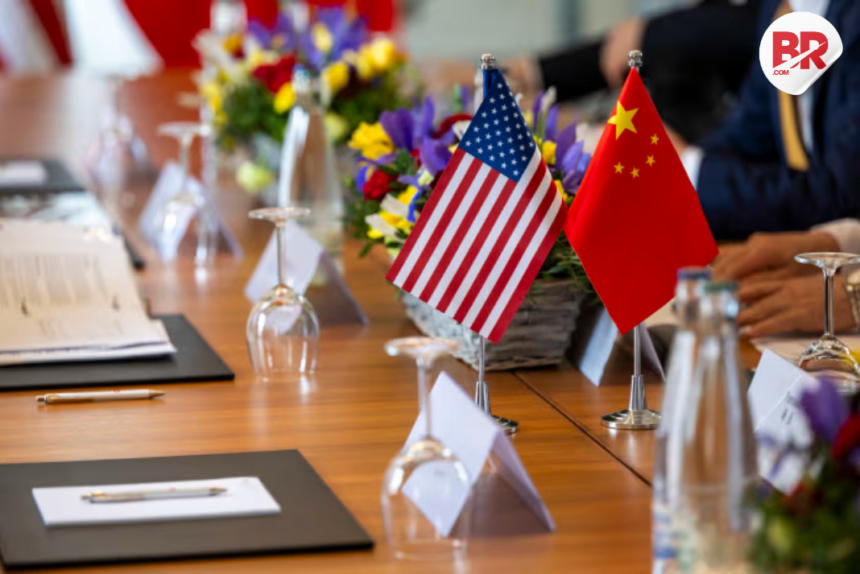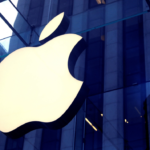
Wall Street stayed calm on Monday as officials from the U.S. and China met in London to restart trade talks. The S&P 500 rose 0.1%, the Dow Jones dipped just 1 point, and the Nasdaq gained 0.3%. The S&P 500 is now just 2.3% shy of its all-time high from February.
So what’s the big deal?
These talks could make or break the global economy. If the U.S. and China settle their tariff dispute, it might help avoid a recession. If not, brace for more pain at checkout counters—and possibly on your next job hunt. The tariffs in place, though paused, still cast a long shadow over everything from microchips to massive machinery.

Just two months ago, President Trump shook markets by announcing sweeping tariffs on what he called “Liberation Day.” Stocks plunged almost 20% before staging a swift comeback. Since then, hope has returned, thanks to optimism that trade deals might lead to lighter tariffs.
According to analysts at Deutsche Bank, this may be the shortest sell-off following a major shock in recent memory. Usually, it takes months to recover. This time? Markets bounced back in under eight weeks.
But don’t get too comfortable.
Why the caution?
Even with rising optimism, nothing is guaranteed. And when uncertainty lingers, Wall Street tends to sit tight. Monday’s low-volume trading showed just that.
Behind the numbers, though, were some interesting moves:
- Qualcomm jumped 4.1% after announcing a $2.4 billion buyout of Alphawave Semi.
- IonQ rose 2.7% after buying Oxford Ionics for $1.08 billion—big moves in the quantum computing space.
- Tesla rebounded 4.6%, shaking off last week’s drama over Elon Musk’s split with Trump. Trouble for Musk could mean gains for rivals like Rocket Lab, which rose 2.5%.
- Warner Bros. Discovery fell 3%, flipping from gains after announcing a plan to split into two companies.
Meanwhile, abroad, Chinese stocks climbed despite reports of slowing exports and falling consumer prices. Hong Kong’s Hang Seng rose 1.6%, and Shanghai gained 0.4%.
In the bond market, the 10-year U.S. Treasury yield dipped to 4.48% from 4.51%, thanks to softening inflation expectations. The New York Fed reported that consumer inflation fears eased slightly in May—good news for the Federal Reserve, which is still holding interest rates steady.
A fresh inflation report due Wednesday could show prices heating up again, possibly rising to 2.5%. That would keep the Fed and investors on edge.
Bottom line?
The U.S.-China trade talks matter—because even quiet diplomacy can shake up loud markets. As tariffs threaten to reshape supply chains and pricing across the globe, any deal would be a big win. For now, markets are watching, waiting, and holding their breath.
Also Read China’s Rare Earths Are the Ultimate Trump Card Against US Tech Sanctions!












